Mastering Temperature Conversions: A Complete Information To Fahrenheit, Celsius, And Kelvin
Mastering Temperature Conversions: A Complete Information to Fahrenheit, Celsius, and Kelvin
Associated Articles: Mastering Temperature Conversions: A Complete Information to Fahrenheit, Celsius, and Kelvin
Introduction
On this auspicious event, we’re delighted to delve into the intriguing subject associated to Mastering Temperature Conversions: A Complete Information to Fahrenheit, Celsius, and Kelvin. Let’s weave fascinating info and supply contemporary views to the readers.
Desk of Content material
Mastering Temperature Conversions: A Complete Information to Fahrenheit, Celsius, and Kelvin

Temperature, a elementary idea in physics and on a regular basis life, dictates the speed of molecular movement and influences numerous bodily and chemical processes. Whereas we generally expertise temperature in our day by day routines, the numerical illustration varies relying on the dimensions used. Three main scales dominate: Fahrenheit (°F), Celsius (°C), or Centigrade, and Kelvin (Ok). Understanding tips on how to convert between these scales is essential for scientists, engineers, and anybody working with temperature-sensitive functions. This text gives an in depth exploration of the conversion formulation, a complete chart, and sensible examples to solidify your understanding.
The Three Scales: A Transient Overview
-
Fahrenheit (°F): This scale, developed by Daniel Gabriel Fahrenheit within the early 18th century, is predominantly utilized in america. It assigns 32°F to the freezing level of water and 212°F to its boiling level at customary atmospheric stress.
-
Celsius (°C): Also referred to as Centigrade, this scale is probably the most extensively used globally. Developed by Anders Celsius, it assigns 0°C to the freezing level of water and 100°C to its boiling level at customary atmospheric stress. This scale is most popular in scientific contexts as a result of its handy relationship with the Kelvin scale.
-
Kelvin (Ok): This absolute temperature scale, named after Lord Kelvin, is the muse of thermodynamic calculations. It begins at absolute zero (0 Ok), the theoretical level the place all molecular movement ceases. The dimensions of a Kelvin diploma is similar to a Celsius diploma, which means a 1 Ok change is equal to a 1°C change. The freezing level of water is 273.15 Ok, and the boiling level is 373.15 Ok.
Conversion Formulation: The Key to Interchangeability
The power to seamlessly change between these scales rests on understanding the conversion formulation. These equations enable for exact calculations, making certain accuracy in varied functions.
1. Celsius (°C) to Fahrenheit (°F):
The components for changing Celsius to Fahrenheit is:
°F = (°C × 9/5) + 32
This components incorporates the distinction within the measurement of the levels between the 2 scales (9/5) and accounts for the offset of their zero factors (including 32).
2. Fahrenheit (°F) to Celsius (°C):
To transform Fahrenheit to Celsius, use the next components:
°C = (°F – 32) × 5/9
This components reverses the method, first subtracting the offset of 32 after which adjusting for the distinction in diploma measurement.
3. Celsius (°C) to Kelvin (Ok):
The conversion between Celsius and Kelvin is simple:
Ok = °C + 273.15
This components merely provides a continuing worth to account for the distinction of their zero factors. The Kelvin scale begins at absolute zero, which is -273.15°C.
4. Kelvin (Ok) to Celsius (°C):
Conversely, to transform Kelvin to Celsius:
°C = Ok – 273.15
This subtracts the fixed worth to acquire the equal Celsius temperature.
5. Fahrenheit (°F) to Kelvin (Ok):
To transform straight from Fahrenheit to Kelvin, we will mix the earlier formulation. First, convert Fahrenheit to Celsius utilizing the second components, after which convert Celsius to Kelvin utilizing the third components:
Ok = ((°F – 32) × 5/9) + 273.15
6. Kelvin (Ok) to Fahrenheit (°F):
Equally, for changing Kelvin to Fahrenheit, we will use a mixed method:
°F = (Ok – 273.15) × 9/5 + 32
Complete Temperature Conversion Chart
The next chart summarizes the conversion formulation and gives a fast reference for varied temperature values:
| Temperature (°C) | Temperature (°F) | Temperature (Ok) |
|---|---|---|
| 0 | 32 | 273.15 |
| 10 | 50 | 283.15 |
| 20 | 68 | 293.15 |
| 30 | 86 | 303.15 |
| 40 | 104 | 313.15 |
| 50 | 122 | 323.15 |
| 60 | 140 | 333.15 |
| 70 | 158 | 343.15 |
| 80 | 176 | 353.15 |
| 90 | 194 | 363.15 |
| 100 | 212 | 373.15 |
| -10 | 14 | 263.15 |
| -20 | -4 | 253.15 |
| -30 | -22 | 243.15 |
| -40 | -40 | 233.15 |
| 1000 | 1832 | 1273.15 |
| -273.15 | -459.67 | 0 |
Sensible Examples
Let’s illustrate the appliance of those formulation with some real-world examples:
Instance 1: Changing 25°C to Fahrenheit.
°F = (25 × 9/5) + 32 = 77°F
Instance 2: Changing 68°F to Celsius.
°C = (68 – 32) × 5/9 = 20°C
Instance 3: Changing 30°C to Kelvin.
Ok = 30 + 273.15 = 303.15 Ok
Instance 4: Changing 290 Ok to Fahrenheit.
°F = (290 – 273.15) × 9/5 + 32 = 62.63°F
Significance of Correct Conversions
Correct temperature conversions are crucial in varied fields:
- Drugs: Physique temperature measurements should be appropriately transformed for correct prognosis and remedy.
- Engineering: Designing techniques that function at particular temperature ranges requires exact conversions to make sure performance and security.
- Meteorology: Climate studies usually present temperatures in each Celsius and Fahrenheit, necessitating correct conversions for world understanding.
- Meals Science: Sustaining optimum temperatures for meals processing and storage is dependent upon correct temperature management and conversion.
- Materials Science: Many materials properties are temperature-dependent, demanding correct conversions for analysis and improvement.
Conclusion
Mastering temperature conversions is a elementary ability with far-reaching functions. By understanding the conversion formulation and using the supplied chart and examples, you possibly can confidently navigate the completely different temperature scales, making certain accuracy and precision in varied scientific, engineering, and on a regular basis functions. Keep in mind to at all times double-check your calculations to keep away from errors, particularly in crucial functions. The power to seamlessly convert between Fahrenheit, Celsius, and Kelvin is a key ingredient of scientific literacy and sensible problem-solving.
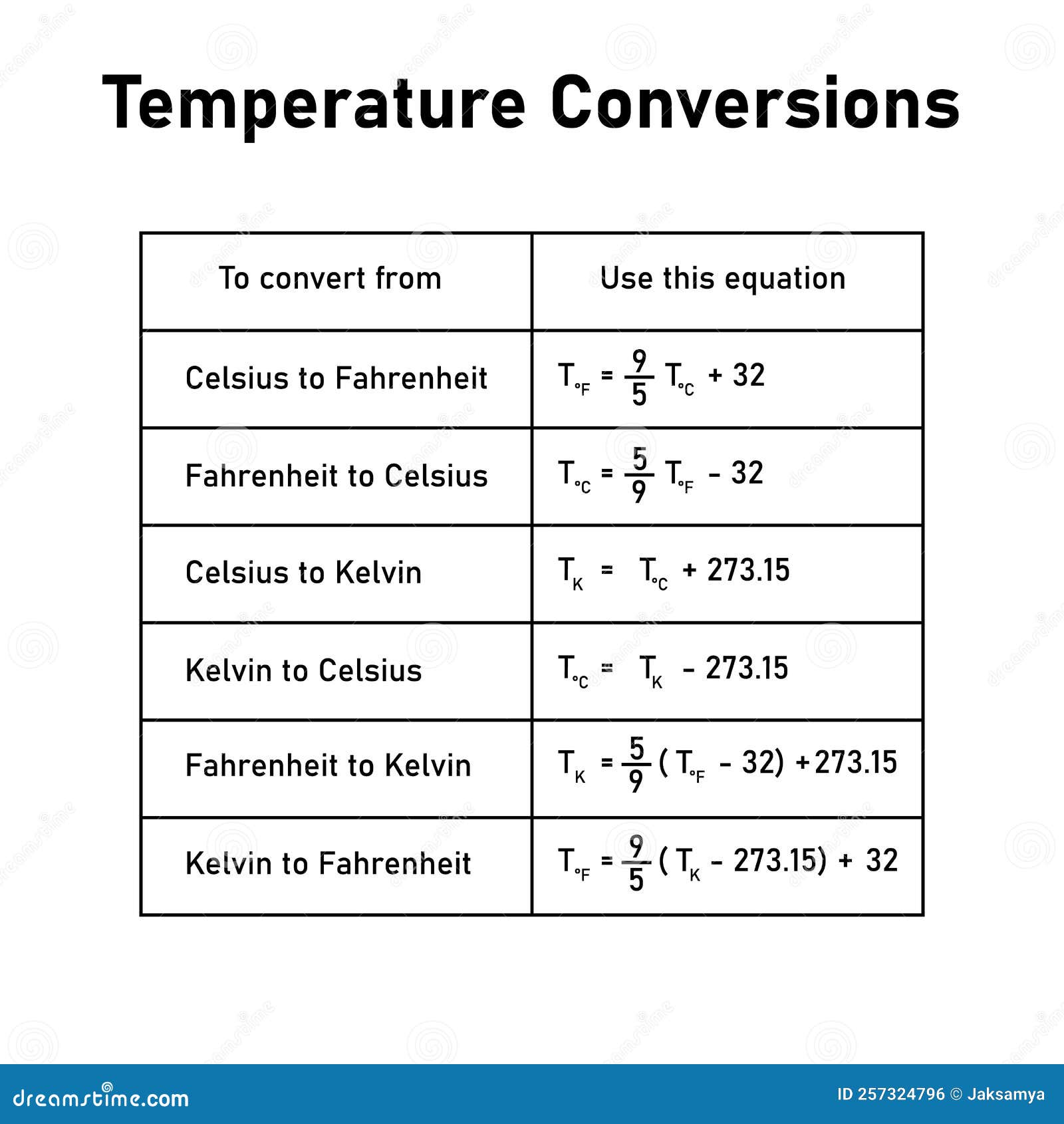
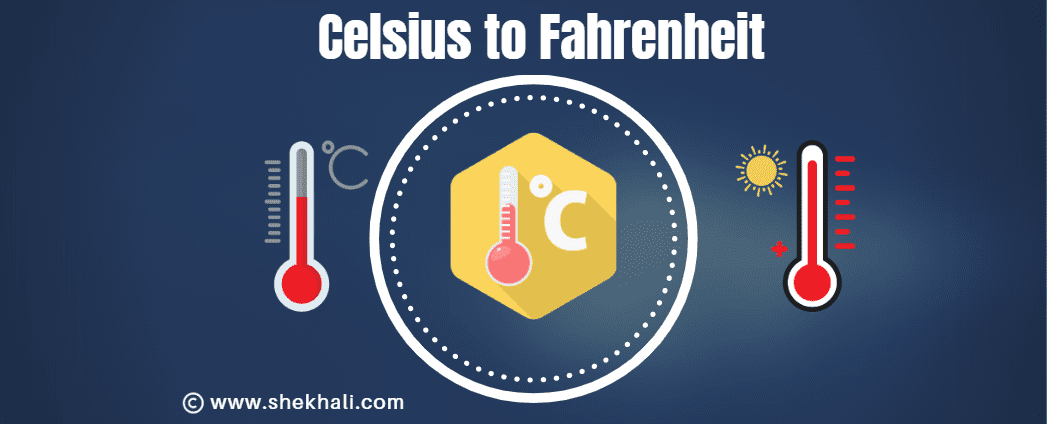
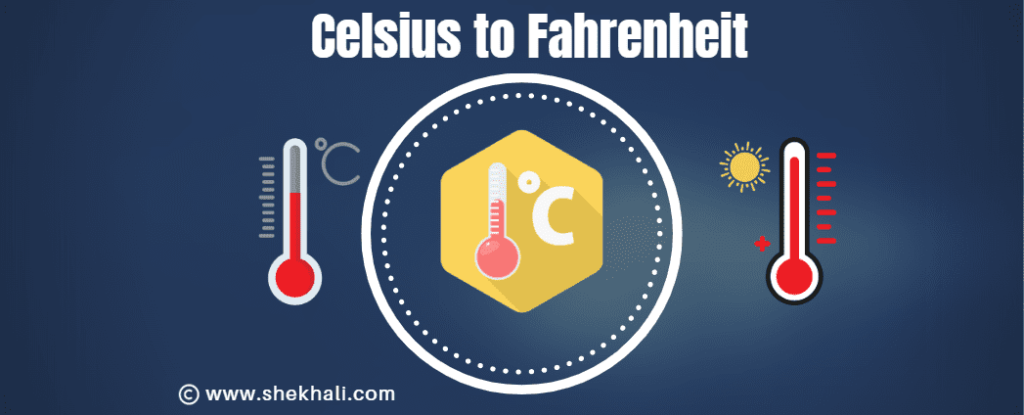
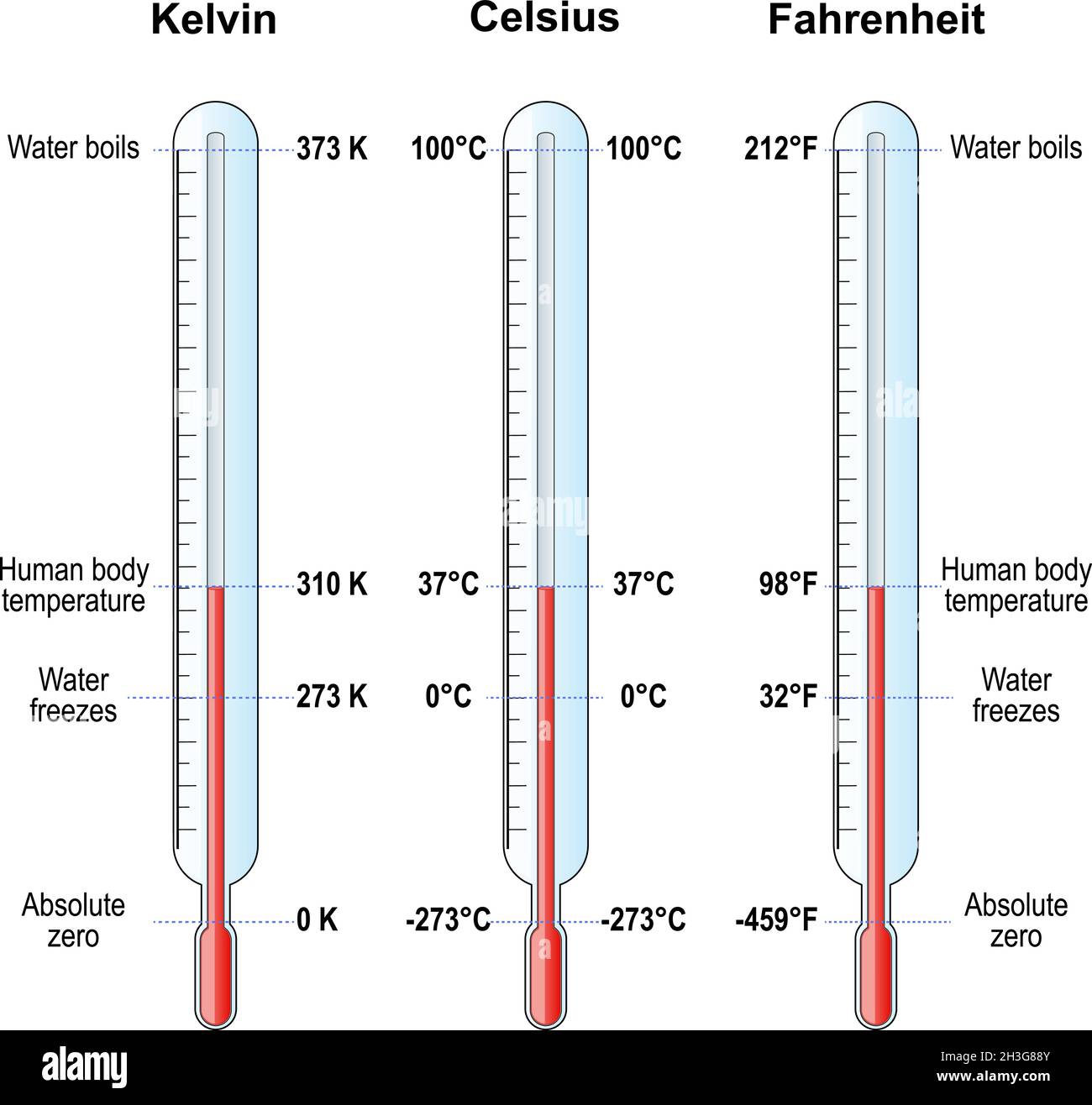
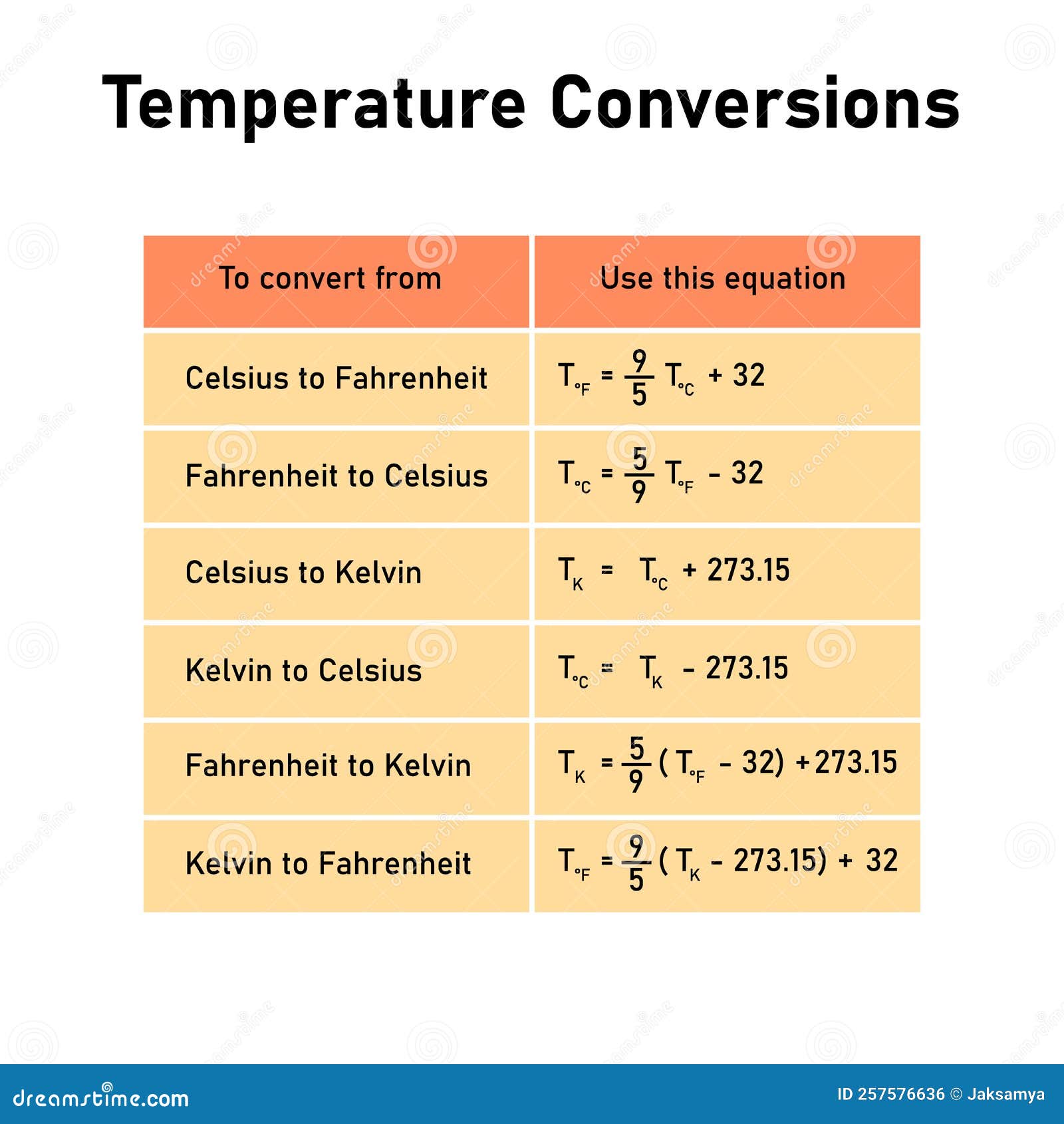

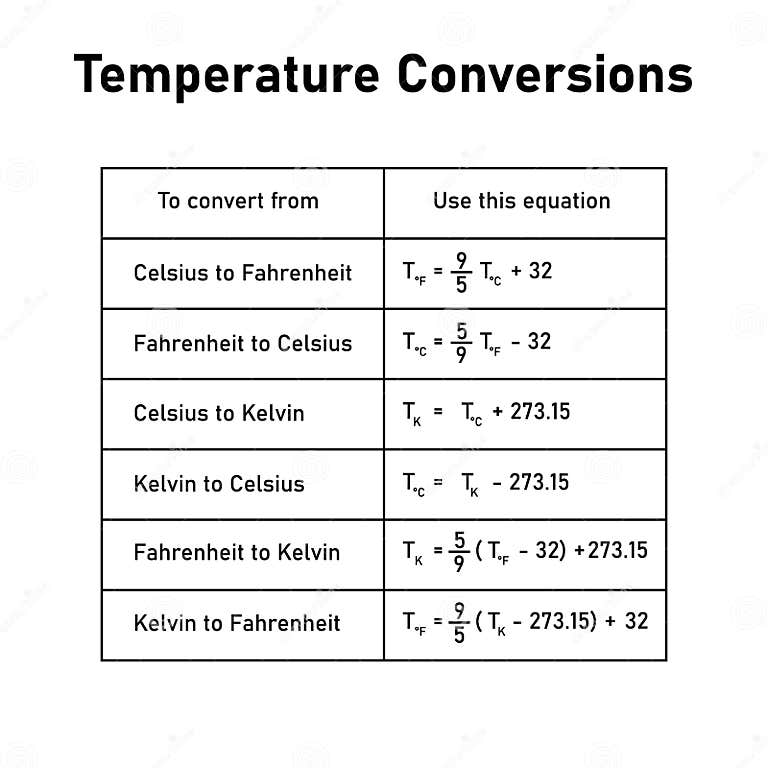
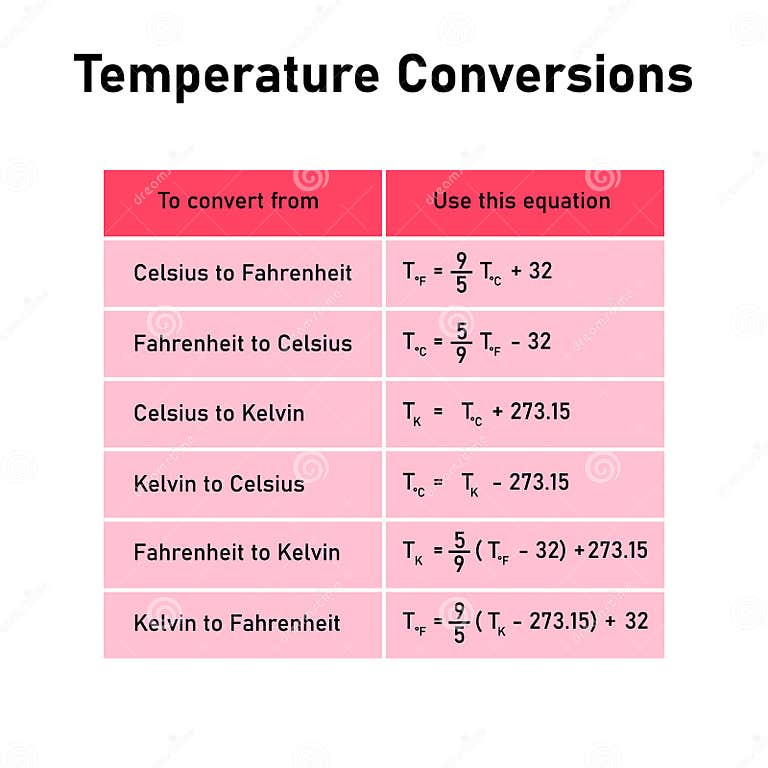
Closure
Thus, we hope this text has supplied precious insights into Mastering Temperature Conversions: A Complete Information to Fahrenheit, Celsius, and Kelvin. We hope you discover this text informative and useful. See you in our subsequent article!